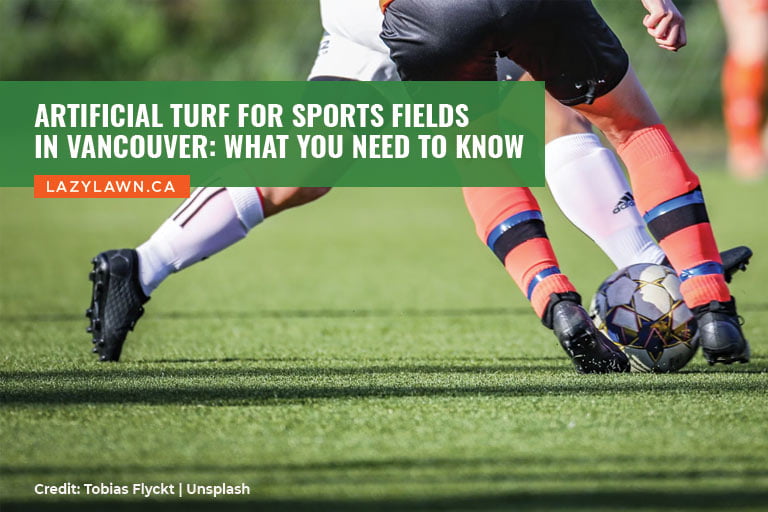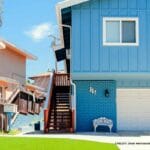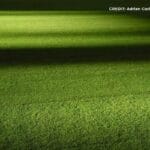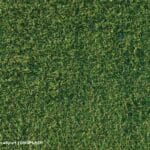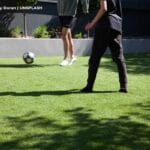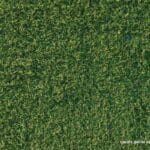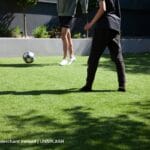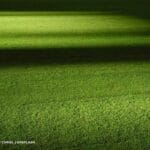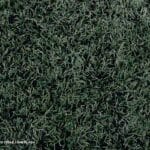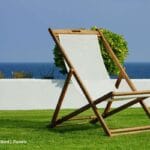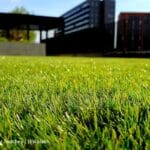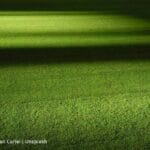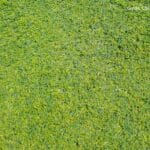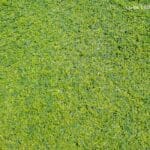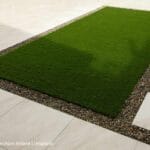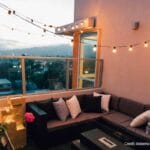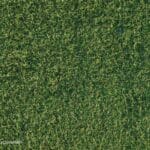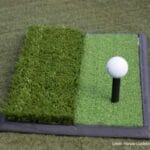Across the globe, artificial turf fields are gaining traction, and Vancouver is at the forefront of this movement. With its vibrant green expanse, perpetually ready for action and shrugging off rain or sunshine, artificial turf offers a compelling alternative to natural grass.
Why the surge in interest? Artificial turf offers a winning combination of durability, reduced maintenance, and year-round playability. It’s a reliable surface that can withstand heavy use, rain or shine, making it a practical choice for sports facilities in a city known for its diverse weather conditions. This article will delve into the advantages, considerations, and key factors in selecting the perfect artificial turf for Vancouver’s sports fields. According to a 2023 report by the City of Vancouver, the number of artificial turf fields in the city has doubled in the past decade, a testament to its growing acceptance and benefits.
Advantages of Artificial Turf in Sports
Artificial turf comes with a host of benefits that have made it a game-changer for sports fields. Let’s break down the key advantages:
- Durability and Resilience: Artificial turf fields are built to last. They can handle heavy foot traffic, intense games, and unpredictable weather without showing significant wear and tear. This durability translates to long-term cost savings for sports organizations, aligning with the city’s commitment to sustainable infrastructure.
- Reduced Maintenance: Say goodbye to the endless mowing, watering, and fertilizing required for natural grass. Artificial turf requires minimal upkeep, freeing up resources for other priorities. In a city where water conservation is a priority, this advantage is particularly significant.
- Consistent Playing Surface: Artificial turf provides a uniform playing surface, minimizing the risk of uneven terrain or unexpected divots that can lead to injuries. This consistency enhances player safety and performance, fostering a positive sporting experience for all.
- All-Weather Playability: Rain or shine, artificial turf remains playable. No more cancelled games due to soggy fields or concerns about damaging natural grass in wet conditions. This advantage is especially valuable in Vancouver, where weather conditions can be unpredictable.
- Versatility: Artificial turf is adaptable to various sports, from football and soccer to rugby and lacrosse. It can be customized to meet the specific needs of different disciplines, making it a versatile choice for multi-sport facilities.
- Environmental Benefits: While the initial production of artificial turf has an environmental impact, it eliminates the need for pesticides, herbicides, and excessive water consumption associated with natural grass maintenance. In the long run, it can contribute to a more sustainable approach to sports field management.
- Enhanced Aesthetics: Modern artificial turf looks remarkably like natural grass, offering a visually appealing surface that complements the surrounding environment. This aesthetic appeal can enhance the overall experience for players and spectators alike.
Potential Concerns and Considerations
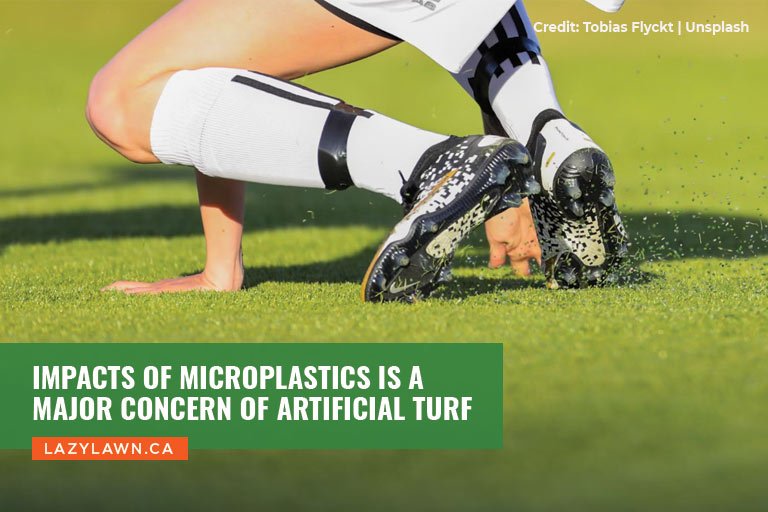
While artificial turf offers numerous advantages, it’s essential to consider some potential concerns:
- Initial Investment: The upfront cost of installing artificial turf can be higher than natural grass. However, the long-term savings in maintenance often outweigh the initial expense.
- Heat Retention: Artificial turf can get hotter than natural grass, especially in direct sunlight. Newer turf technologies are addressing this issue with cooling features like infill materials that reflect heat and reduce surface temperatures.
- Surface Abrasion: Some athletes may experience more skin abrasions when playing on artificial turf compared to natural grass. Proper protective gear and choosing turf with softer fibers can mitigate this concern.
- Environmental Impact: The production and disposal of artificial turf raise environmental questions. Choosing eco-friendly options made from recycled materials and participating in recycling programs can help minimize this impact.
- Microplastics: Some artificial turf fields use infill materials that contain microplastics, which can potentially leach into the environment. Choosing alternative infill options like cork or organic materials can address this concern.
- Maintenance Requirements: While minimal, artificial turf still requires some maintenance to ensure its longevity and performance. Regular brushing, debris removal, and occasional deep cleaning are necessary to keep the field in optimal condition.
- Player Preferences: Some athletes may prefer the feel of natural grass. Gathering feedback from players and coaches and choosing turf that closely mimics the feel of natural grass can help bridge this gap.
Choosing the Right Artificial Turf
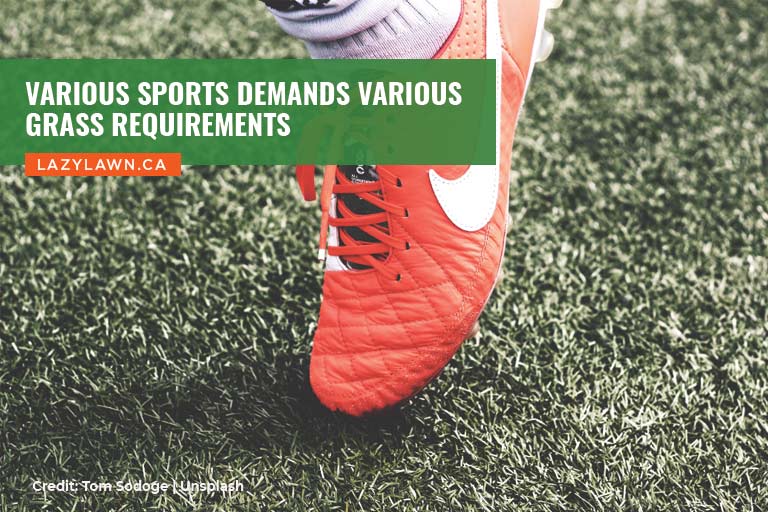
Selecting the right artificial turf for your sports field is a critical decision. Here are key factors to consider:
- Type of Sport: Each sport demands different turf attributes. Soccer might require shorter pile heights for optimal ball roll, while rugby benefits from denser turf for better traction. Identify the primary sport to match your turf accordingly.
- Traffic Volume: Busy fields endure more stress. If your field expects daily use, select a turf engineered for high traffic. This proactive approach prevents premature deterioration, ensuring longevity and consistent playability.
- Budget: Prioritize value over the lowest price. Allocate a realistic budget and explore options that offer the best return on investment. Account for the long-term savings in maintenance and replacement costs to make an informed financial decision.
- Infill Material: Infill impacts both safety and performance. Opt for materials like cork or organic alternatives to minimize health risks and environmental impact. Research the pros and cons of each material to make an informed choice aligned with your priorities.
- Manufacturer Reputation: Trustworthy manufacturers deliver reliable products. Choose a reputable manufacturer known for quality artificial turf. Research their product history and certifications to guarantee compliance with industry standards and long-lasting performance.
- Warranties: Protection against unexpected issues is essential. Choose turf with comprehensive warranties that cover defects and premature wear. This safeguards your investment and offers peace of mind in the long run.
- Installation Expertise: Proper installation is non-negotiable. Opt for experienced installers specializing in sports fields. Their expertise ensures correct installation techniques, maximizing the turf’s lifespan and performance, ultimately saving you time and money.
Artificial turf is transforming the landscape of sports fields in Vancouver and beyond. Its durability, low maintenance, and all-weather playability make it an attractive option for sports organizations of all levels. By carefully weighing the advantages and considerations and choosing the right turf for your specific needs, you can create a high-performance, safe, and visually appealing sports field that will serve your community for years to come.
If you’re considering artificial turf for your Vancouver sports field, reach out to Lazy Lawn Canada at 1-888-622-5296. Our experts can guide you through the selection and installation process, ensuring you make an informed decision that aligns with your goals and budget.

